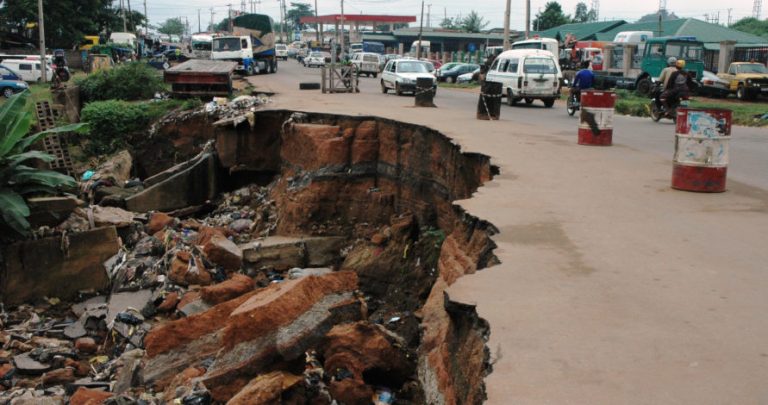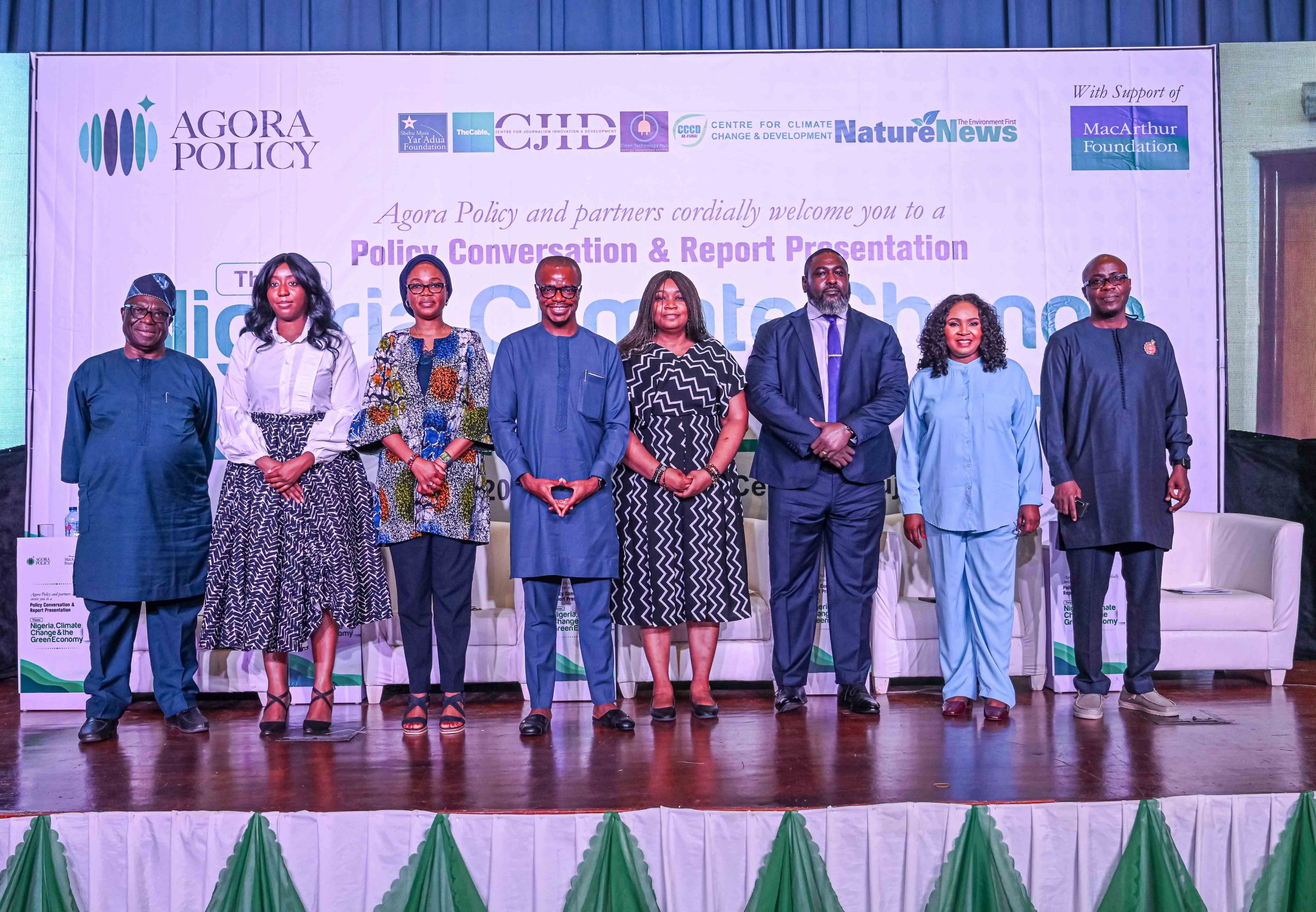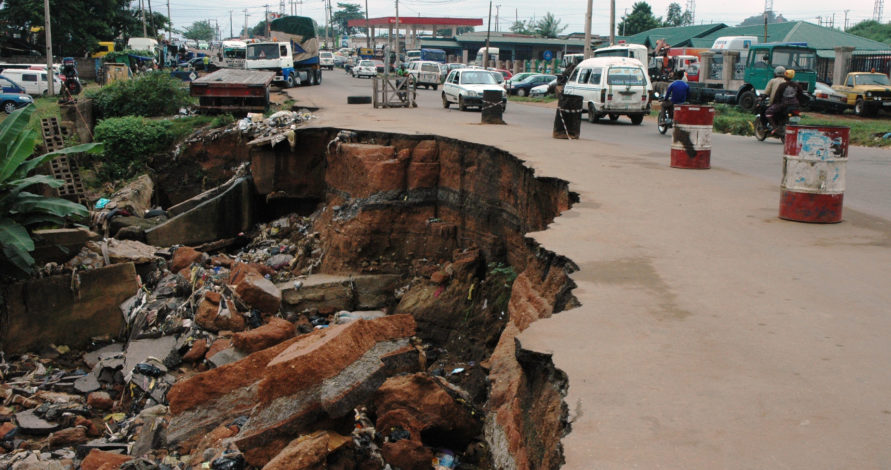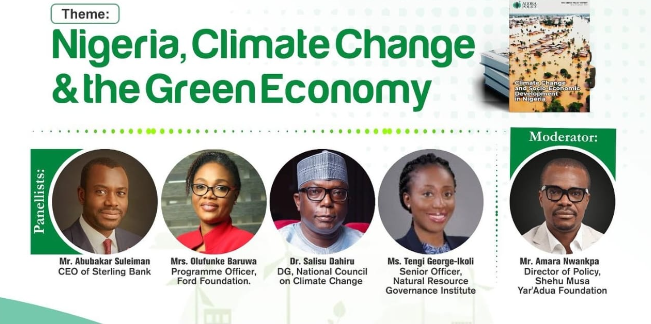Let’s start with the obvious: climate change still does not enjoy the prominence that it deserves in Nigeria. Yes, there are some individuals, organisations and government agencies that are making a strong case for, and designing and implementing, consequential climate interventions in the country. We salute them. We thank them.
But the sad, inconvenient truth is that climate change still does not rank very high on our policy agenda and in our popular imagination. Both in official circles and among the populace, climate issues are not seen as really important and urgent. Our national attitude oscillates between denial and indifference.
Most of our people, including highly-placed government officials, see climate change as other people’s problems or an issue that is only for tree-huggers and environmentalists, or something that should bother only those who have the luxury of not wrestling with hunger and other existential matters—as we say in Pidgin, “somtin for pipu wey don belleful.”
And because we are a people of fantastic faith, we simply think and believe that the negative impacts of climate change will never be our portion.
But the burdens of shifts in climatic conditions are already our portion. They are all around us. The rise in temperature, the irregular raining patterns, the near perennial flooding across the country, the increasing threats of desertification and gully and coastal erosions, and others already have deep, negative impacts on food production, food security and food inflation, and on water, on health and productivity, on energy and infrastructure, and on the conflicts that continue to multiply partly on account of vanishing natural resources.
Whether we want to accept it or not, whether we think it is other people’s or our own headache or not, whether we think it is our portion or not—climate change is already exerting a big toll on the things we consider critical and urgent. It is already here and now, not a matter of the hereafter. It is not what we can simply wish away by faith.
And because of its multi-dimensional, ramifying nature and multiplier effects, climate change is the most existential threat that we face already. And it is projected to get significantly worse within a few years. This silent crisis of today is likely to escalate into a catastrophic one soon—unless we act urgently, intentionally, and boldly.
There are additional reasons for greater urgency. We are a resource-intensive but ironically energy-poor country. The global transition away from fossil fuels poses grave threats to government revenue at all levels and to our capacity to provide the much-needed power for homes and industries.
Our capacity to fight poverty and achieve the SDGs and to increase national productivity and competitiveness may be further compromised. The transition away from fossil fuels may appear paused for now in the aftermath of Russia-Ukraine. But it won’t be paused for long.
In a related but significant vein, the energy transition is creating a new economy, an intense scramble for critical minerals already spurning instability around us, and a strategic positioning by countries to ensure that their interests are well served in the emerging economic order.
Where are we as a country in all of this? That’s a question for all of us to answer.
But let’s get this straight: we cannot afford to be a bit player in the emerging order except we are content with holding the short end of the stick or happy to be further consigned to the margins of existence.
We therefore need to see climate change as the central development challenge for our country, not in the future, but today.
And we need more than a conversation or the commitment of the converted. We need an all-of-society approach. From political authorisers to policy wonks to the ordinary persons on the streets and in the homes, we all have roles to play, and we all need to act differently.
*Excerpt from the welcome address by Waziri Adio, Founder/Executive Director of Agora Policy, at the policy conversation held on 22 November 2023 in Abuja.




